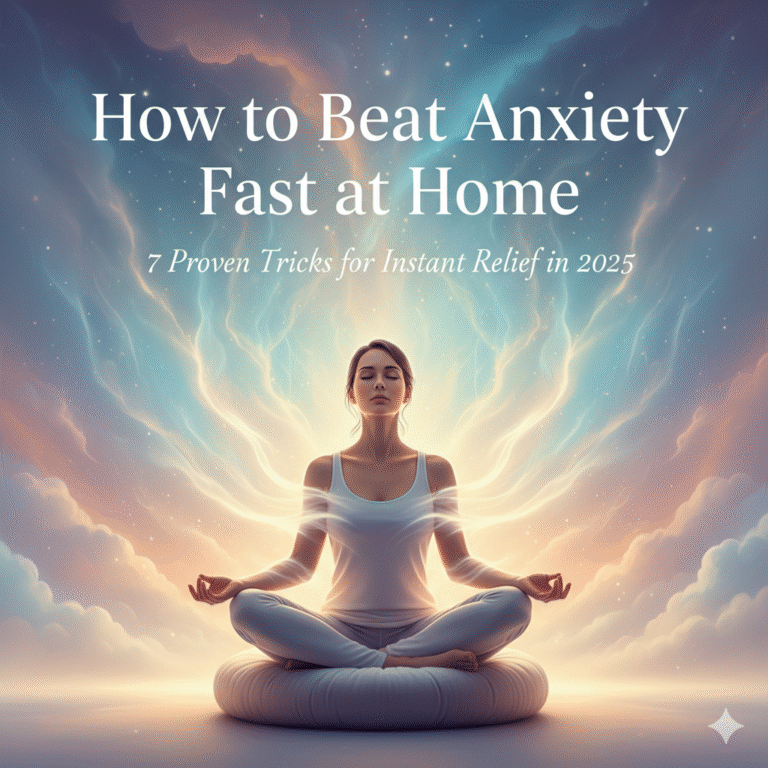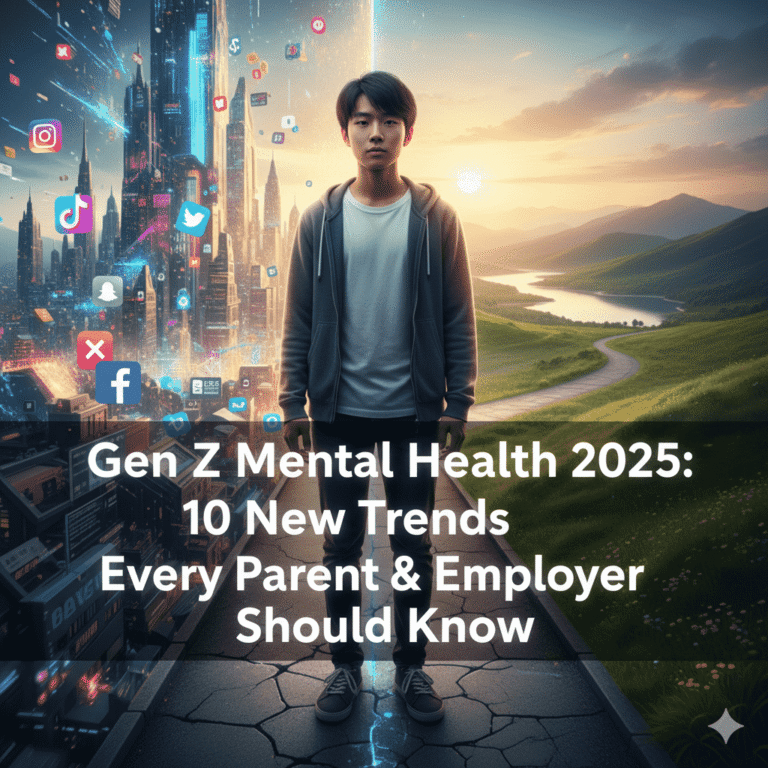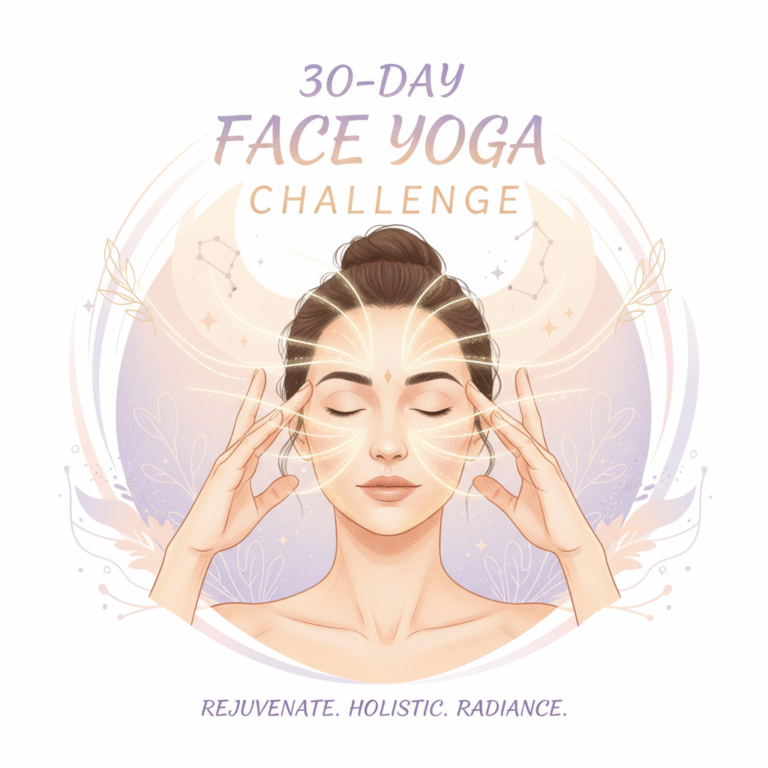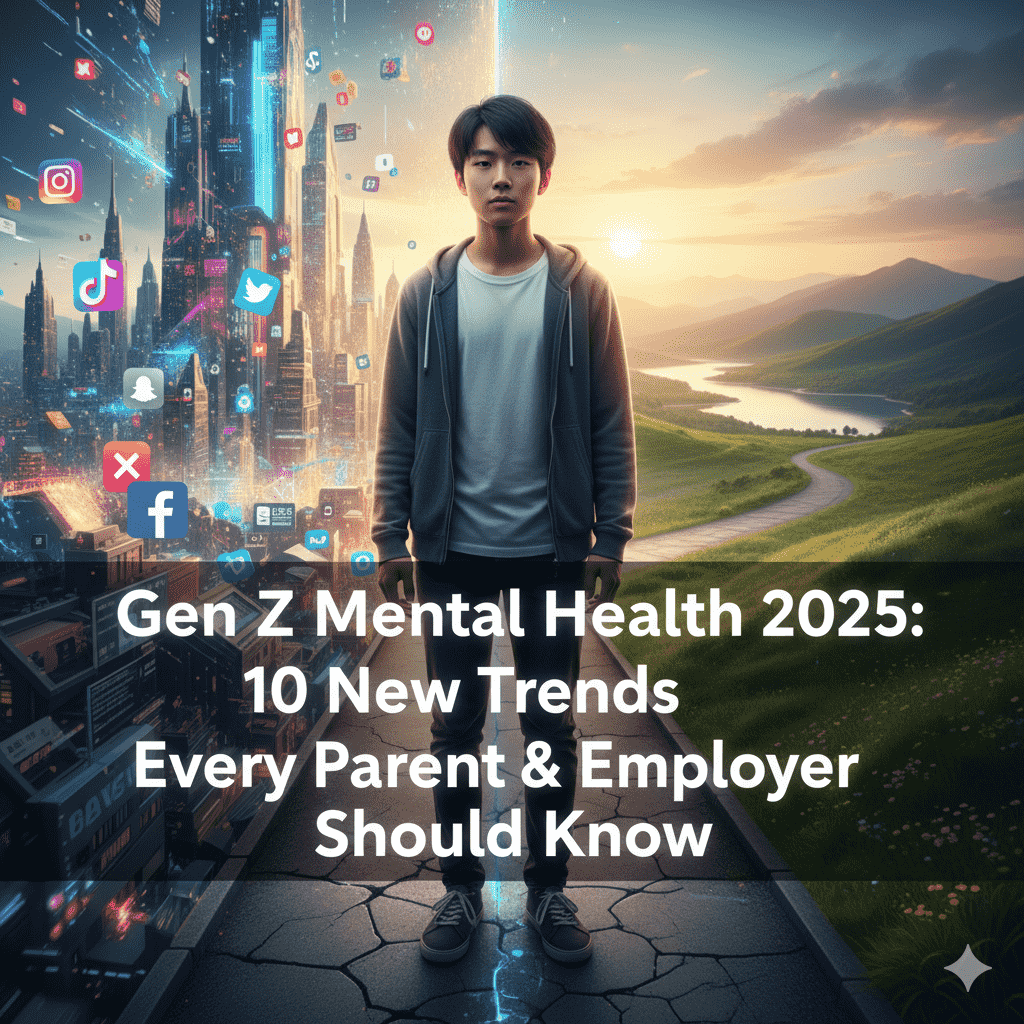
In 2025, Gen Z mental health has become one of the most discussed global topics. Born between the late 1990s and early 2010s, Generation Z has grown up in a world dominated by technology, social media, uncertainty, and information overload. Unlike any previous generation, Gen Z faces a unique blend of digital stress, economic instability, and emotional turbulence that directly impacts their well-being.
Whether you’re a parent trying to understand your child’s anxiety or an employer managing young professionals, it’s crucial to recognize how these mental health trends are shaping their minds and lives. The new era demands awareness, empathy, and proactive support systems that go beyond traditional therapy and workplace wellness programs.
1. The Rise of Anxiety and Emotional Burnout
Anxiety is no longer an exception—it’s almost an identity marker for Gen Z. Surveys from multiple global mental health reports show that nearly 4 out of 10 Gen Z individuals experience chronic anxiety symptoms. They constantly feel “on edge,” worried about their future, jobs, and even world events.
The pressure to achieve early success, look perfect online, and stay constantly connected leaves little room for peace of mind. Parents often see this as laziness or mood swings, but it’s actually a silent cry for help. Employers also misread this as disengagement, not realizing that emotional burnout often hides behind professional smiles.
The pandemic years only worsened the situation, reshaping how this generation views safety, connection, and identity. In 2025, Gen Z mental health challenges are no longer about one-off panic attacks—they are a daily emotional struggle that demands both emotional education and lifestyle balance.

2. Digital Overload and the Fear of Missing Out (FOMO)
Social media was built to connect people, but for Gen Z, it often does the opposite. Endless scrolling, comparison, and validation-seeking behavior create a toxic cycle. The Fear of Missing Out (FOMO) is now a mental health condition in itself. Young people feel anxious when they’re not online or when their lives don’t look as “perfect” as others’.
Psychologists now link screen fatigue and digital burnout with rising levels of depression, poor sleep, and low self-esteem among Gen Z. The average teen or young adult spends more than 8 hours daily on screens, consuming algorithm-driven content that manipulates emotions and attention.
Ironically, the same platforms that cause stress also provide comfort. Many Gen Z users join online mental health communities, therapy groups, and mindfulness spaces for emotional support. The line between healing and harm on social media has never been thinner.
3. Shifting Attitudes Toward Therapy and Self-Awareness
The stigma around mental health is fading faster than ever. Gen Z openly talks about therapy, medication, and emotional regulation. They see mental health as a part of identity, not a weakness. What used to be taboo—discussing depression, ADHD, or anxiety—is now normalized in everyday conversations, podcasts, and even memes.
This generation seeks authenticity in therapy. They don’t want robotic counselors or judgmental advice. They prefer empathy-based therapy and digital sessions that fit their comfort. Apps powered by AI therapy and emotional journaling tools are becoming popular, helping young users track their mood and identify triggers.
Parents can support this trend by talking openly about emotions rather than dismissing them. Employers can promote this awareness by offering counseling benefits and mindfulness training in workplaces.
4. Preventive Wellness: The New Mental Health Movement
Gen Z doesn’t just want to fix mental health problems—they want to prevent them. Their approach to well-being is proactive, focusing on nutrition, sleep, movement, and mindfulness. They are the generation that popularized “sleepmaxxing” and “digital detox” routines.
Here are a few preventive trends that have gained momentum:
- Prioritizing quality sleep as the foundation of productivity.
- Engaging in mindfulness practices like breathwork and meditation.
- Tracking mental health metrics with smartwatches and AI apps.
- Choosing natural supplements and holistic therapies over heavy medication.
This preventive mindset is reshaping the wellness industry. From corporate environments to classrooms, preventive mental health workshops are replacing outdated stress seminars. Gen Z believes balance is the new success.
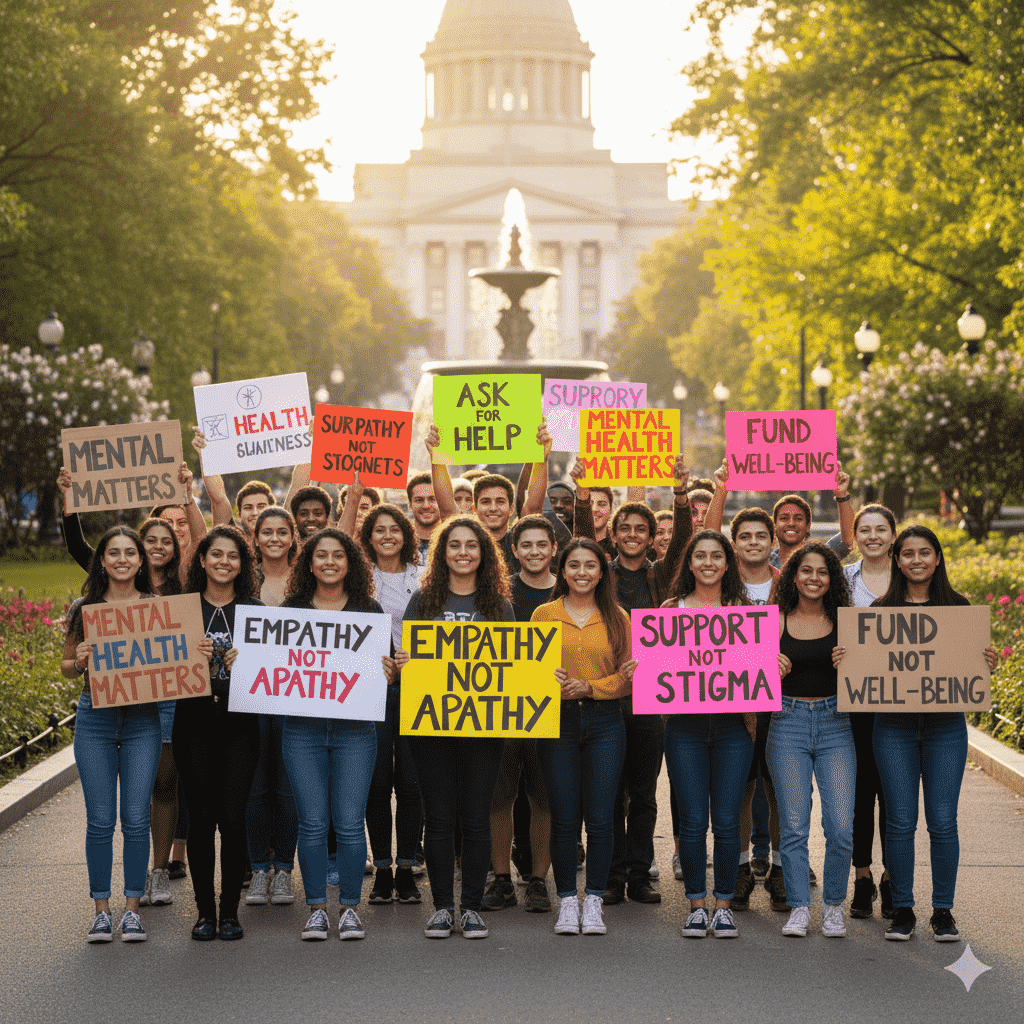
5. Redefining Work-Life Balance and Remote Freedom
The corporate world is changing because Gen Z is rewriting the rules. They are not interested in climbing the corporate ladder at the cost of their mental well-being. For them, flexibility is not a perk—it’s a necessity.
Most Gen Z professionals prefer remote or hybrid work, which allows them to balance personal and professional life better. They want to work for companies that understand burnout and prioritize workplace mental health. Surveys in 2025 show that over 70% of Gen Z employees would leave a job if it negatively affected their mental health.
This mindset is forcing employers to adapt. Companies now organize mental health days, offer therapy access, and even track employee satisfaction as part of performance goals. Healthy minds are becoming the new productivity metrics.
6. The Power of Digital Detox and Real-Life Connection
After years of virtual life, Gen Z is realizing the importance of real-world connection. Social media fatigue has inspired movements encouraging offline hobbies, nature walks, and in-person friendships.
This digital detox trend isn’t about rejecting technology—it’s about reclaiming control. Spending too much time online affects dopamine levels, attention spans, and even memory. The generation that once lived online is now craving real conversations, outdoor experiences, and creative escapes from digital noise.
Parents and employers can support this shift by encouraging offline spaces—family dinners without phones, team outings, or hobby clubs that foster genuine interaction. The message is simple: connection heals.
7. Global Anxiety: Climate Change, Economy, and Future Fear
One major driver of Gen Z mental health challenges is collective anxiety. They are deeply aware of global problems—climate change, political instability, and financial uncertainty. This constant awareness creates a form of “eco-anxiety,” where young people feel powerless about the planet’s future.
At the same time, they’re burdened by rising living costs, competitive education, and job scarcity. Economic and environmental fear often blend, creating a continuous background stress. For employers and parents, it’s essential to understand that these worries are not overreactions—they are lived realities shaped by media and society.
The best support comes from validation and action. Encourage participation in meaningful causes or sustainable projects, turning anxiety into empowerment.
8. Personalized Mental Health Support Through Technology
Technology is both the cause and cure for Gen Z’s mental health. The rise of AI-powered therapy, chatbots, and emotion-detection apps has created a personalized care ecosystem. These tools provide 24/7 mental health support, privacy, and affordability—three things Gen Z values deeply.
From emotion journals that analyze tone to virtual therapists who suggest breathing exercises, tech-based solutions are changing how young people manage stress. The use of personalization means therapy no longer feels generic—it feels like a friend who understands your unique journey.
However, experts also warn about over-dependence on technology. Real human empathy cannot be fully replicated. The best approach is hybrid care—combining digital therapy tools with real counselors or group support.
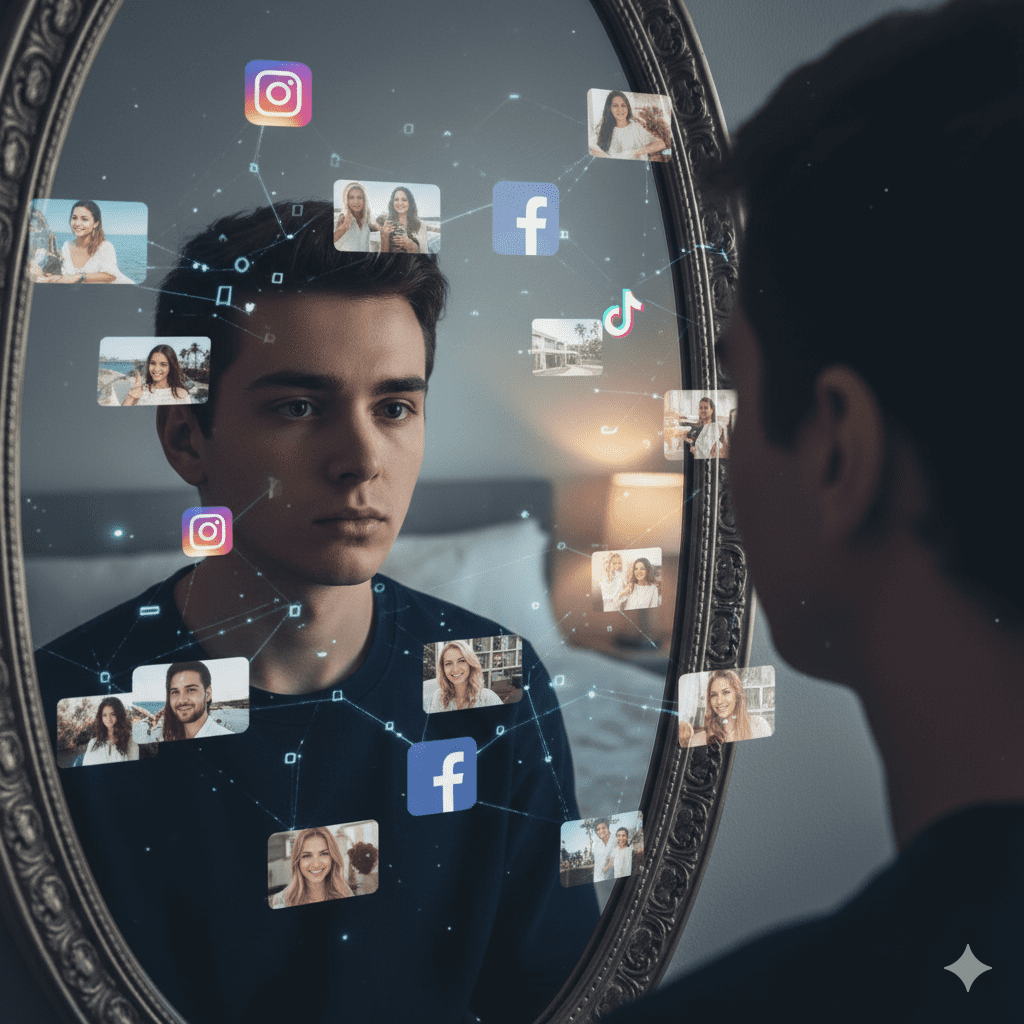
9. Employers as Mental Health Partners
Workplaces in 2025 are not just about deadlines and deliverables—they are emotional ecosystems. Employers now play a key role in shaping mental wellness for Gen Z.
Forward-thinking companies have realized that mental health is not a private matter; it’s a productivity driver. The organizations that thrive are those that integrate wellness into their DNA—offering therapy coverage, stress workshops, flexible hours, and manager empathy training.
Employers who take this approach see lower attrition and higher engagement. Gen Z employees stay loyal to workplaces that make them feel psychologically safe. In 2025, mental health support is no longer a “perk”—it’s part of a brand’s core identity.
10. Sleep, Recovery, and Reconnection With Rest
Sleep has become the new superpower. The concept of “sleepmaxxing”—optimizing sleep quality through routines, lighting, and supplements—has exploded in 2025.
Poor sleep is directly linked to anxiety, irritability, and burnout. Gen Z has learned that recovery is as crucial as productivity. From weighted blankets to guided sleep audios, every small ritual helps restore emotional balance.
This shift towards recovery shows a deeper truth: mental health isn’t built in therapy rooms alone—it’s built in small, consistent habits practiced daily.
The Two Biggest Takeaways for Parents and Employers
Here are the two main action paths that can genuinely make a difference:
For Parents:
- Talk about emotions regularly instead of judging them.
- Encourage offline hobbies and real friendships.
- Set digital boundaries for balanced screen time.
- Support therapy or counseling when needed.
- Lead by example—show that vulnerability is strength.
For Employers:
- Create wellness-friendly workplaces with flexible hours.
- Offer mental health resources and professional support.
- Train managers to recognize burnout symptoms.
- Build communities, not hierarchies.
- Respect downtime—no emails after work hours.

Conclusion: The Era of Emotional Evolution
The conversation around Gen Z mental health in 2025 is not just about problems—it’s about transformation. This generation is forcing the world to rethink what it means to be emotionally healthy. Their courage to talk about mental struggles, challenge stigma, and demand change is revolutionizing how society views wellness.
For parents, this is the time to listen more and judge less. For employers, it’s the time to lead with empathy, not just efficiency. Gen Z doesn’t want sympathy—they want understanding. They are not fragile; they are simply navigating a more complex emotional landscape than ever before.
As technology evolves and awareness grows, we are witnessing the rise of an emotionally intelligent generation. A generation that believes mental health is not a luxury—it’s a necessity. The future will belong not to the busiest, but to the most balanced minds.
How does social media impact Gen Z mental health?
Excessive social media use increases FOMO, social comparison, and digital burnout, which can lead to anxiety and depression.
What lifestyle changes can improve Gen Z mental health?
Practices like sleep optimization, mindfulness, physical activity, digital detox, and balanced nutrition significantly improve youth wellbeing.
How can parents support Gen Z mental health?
Open conversations, encouraging offline hobbies, limiting screen time, and supporting therapy or counseling are effective strategies.
How can employers help Gen Z mental wellness at work?
Flexible schedules, mental health resources, wellness programs, and creating psychologically safe environments support Gen Z employees’ wellbeing.

